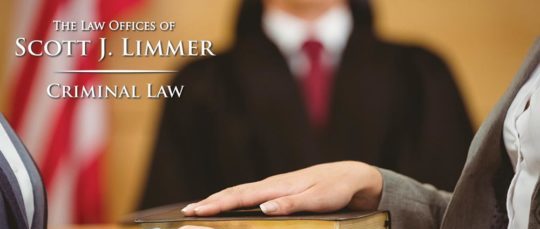UPDATE: In November 2019, the Brooklyn DA publicly releases a part of the NYPD do not call list which includes 54 allegedly unreliable cops with questionable credibility.
Prosecutors in four New York boroughs are already using still-secret databases they have compiled of police force members who may have problems being believed if they testify as witnesses.
Radio station WNYC recently reported the Manhattan, Brooklyn, Queens and Bronx district attorneys’ offices have assembled such lists, drawing on criminal records, proven misconduct charges, and judges’ past rulings on police witness credibility, as well as filings or testimony in civil lawsuits or civilian complaint review proceedings. A Staten Island counterpart is in the works.
District attorneys use the lists to warn their prosecutors of police officers who could pose problems if called as trial witnesses. In some cases, that information ought to be shared with defense counsel, although at least one New York City district attorney argues such information is protected against release by a confidentiality provision of a civil rights law which shields from release personnel records used to evaluate police officers.
Courts have as a rule not required prosecutors to disclose police witness credibility-related information before plea negotiations, the way most felony cases are resolved. But some observers say disclosure may become more common under a new law taking effect in New York next year to speed up discovery.
Publicity about the New York City lists has prompted calls by politicians, criminal reform advocates and others for the lists to be made public. A similar reaction came last year in Philadelphia, after the Inquirer, the city’s leading newspaper, reported on such a list there, known locally as the “Do Not Call” list. As civil libertarians and defense lawyers agitated for its release, public defenders went to court and won a court order for its release.
After the Inquirer published the 66 police officers named on the list, the local public defenders group sought to reopen the well over six thousand cases in which police on the list figured. Rapper Meek Mill was one beneficiary; one of the listees had been the arresting officer in a case for which the rapper had been sent to prison while awaiting trial and was now facing being sent back for allegedly violating parole (by recklessly riding a bicycle).
As reported earlier this year by the non-profit Marshall Project, New York City and Philadelphia are not alone in local prosecutors compiling data about the credibility of potential police witnesses. It noted Kim Gardner, the chief prosecutor in St. Louis, has dropped over 100 cases drawing on statements from police officers on such a list, and she’s also refusing to take cases or requests for search warrants from them.
Other cities which now have lists of police officers of questionable credibility include Seattle and Houston. Baltimore, which had a list but later discarded it, is considering bringing theirs back.
Public defenders sometimes have access to other versions of such lists, usually compiled by non-profits, although these are more limited, since they are generally drawn only from public records.
But if the DA lists are made public, at least some defendants in cases where those police officers are key witnesses could be expected to petition courts for a fresh look.
